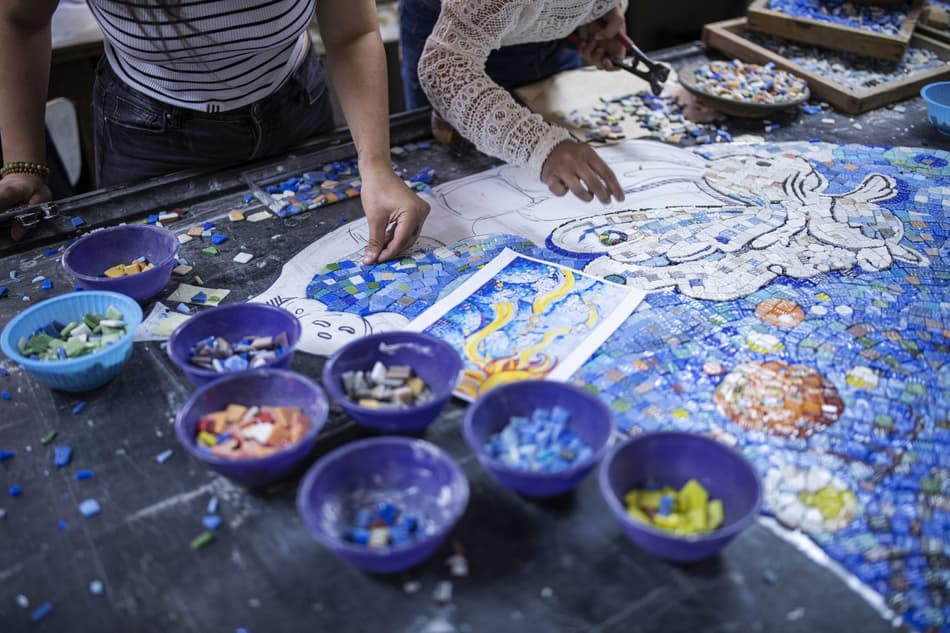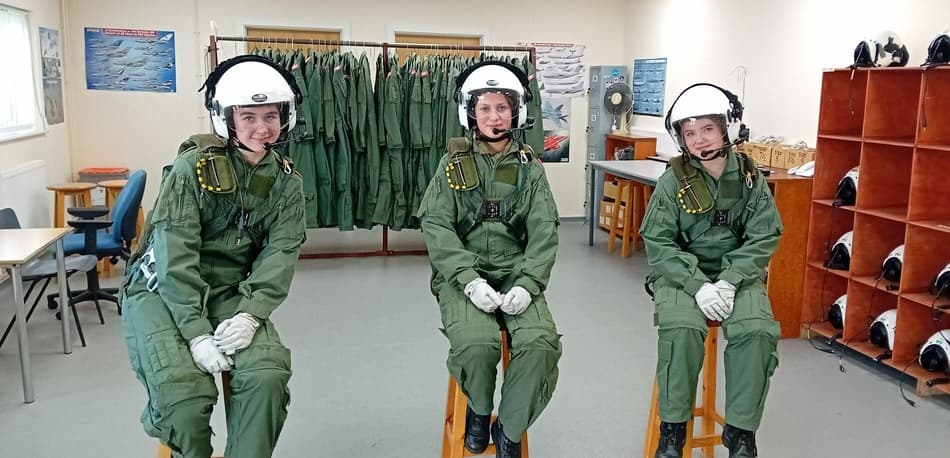Over the past forty years (or maybe more!) there have been many subtle, and not so subtle, changes in education; from how we teach reading and the bridging method in maths, to how we support children with their emotional development and well-being.
It used to be considered that well behaved children were seen and not heard. Fortunately times have moved on. However, it would seem that one change may have had unintended consequences.
We used to prepare children for the road ahead; with all its bumps and potholes, in a bid to ensure that each child was equipped for their own future; securely packed off with a toolkit to ensure that they could navigate said road with confidence.
Then, the change; for a number of years it seemed to be expected that teachers and parents should do their utmost to drive ahead of our children, with a steam roller, trying desperately to smooth the path they were about the tread. This clearly had benefits; less trips and hazards and fewer issues to deal with and obstacles and hurdles were moved out of the way.
This is where we come back to the ‘however’… Children do not learn from pages of ticks, easy lessons and flat footpaths. They need appropriate challenge, disappointment and undulations to build resilience, develop self-sufficiency and fine tune empathy.
We should not be setting children mountains to climb; but we do need to prepare our children for the road ahead and not the road for our children. In a supportive environment children should have the confidence to learn from mistakes, move on from set-backs and develop the character and skills they will need in later life.
The cross-county event is always a perfect example of this. Children pushing themselves beyond their previous limits, working together as a team, supporting their friends and having fun through the exhaustion and, often, the rain! This event could be avoided, everyone could stay inside in the warm but the children are richer for the experience and learn as much, if not more, about themselves than they would do in a classroom for that hour.
Setting challenges that are just a little out of a child’s comfort zone builds confidence, allows the acquisition of skills and invigorates pupils with the desire to strive to succeed.



